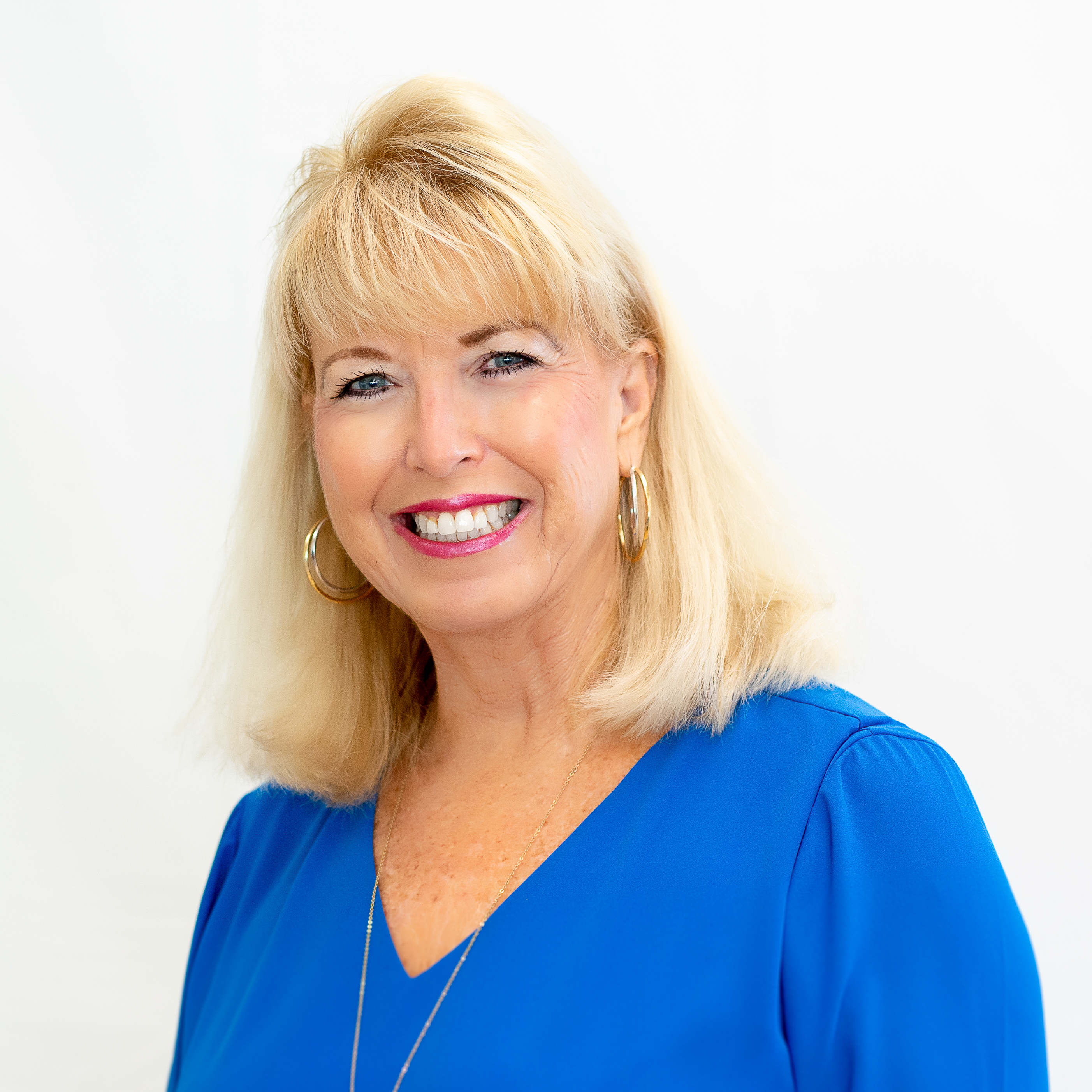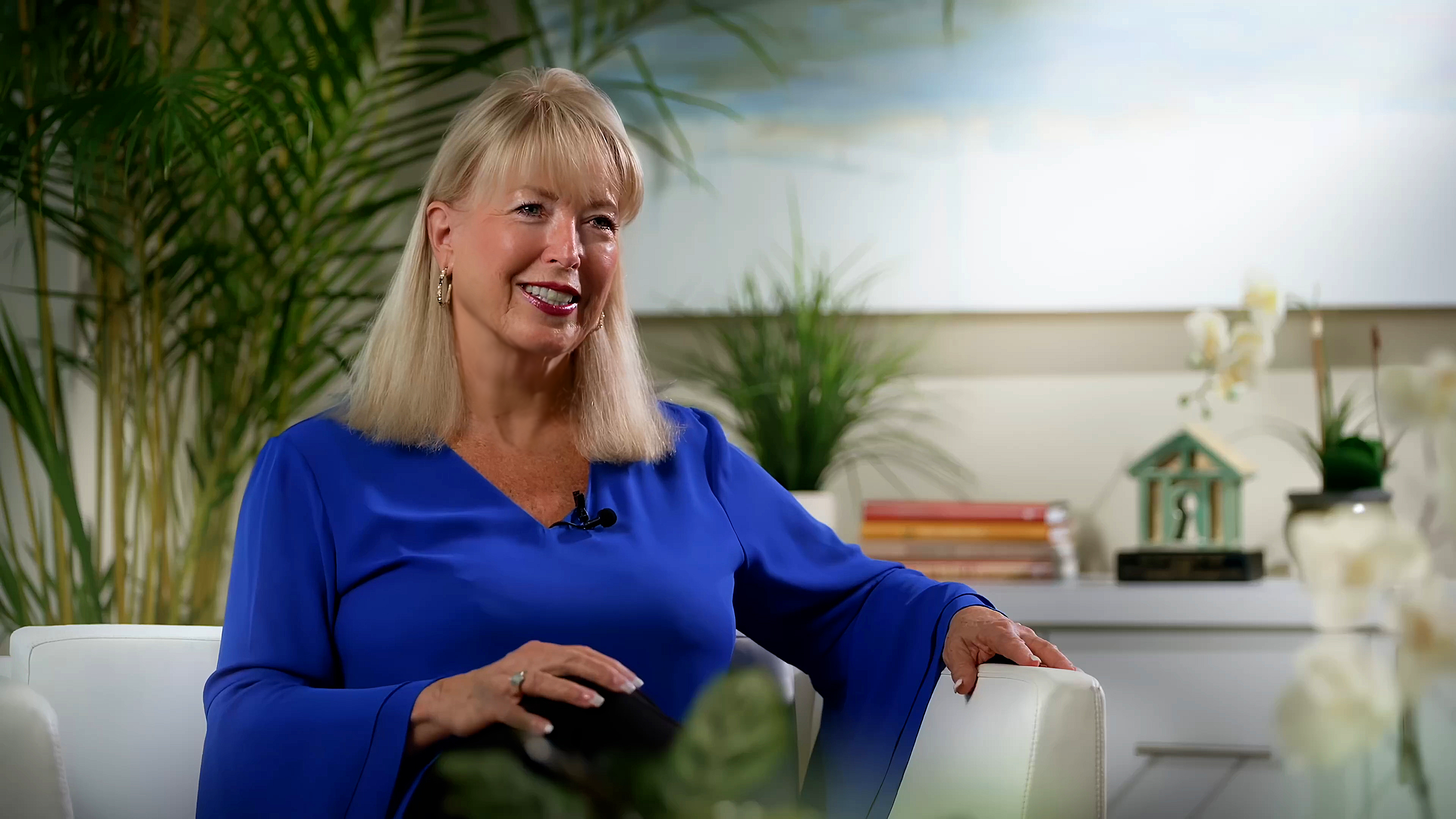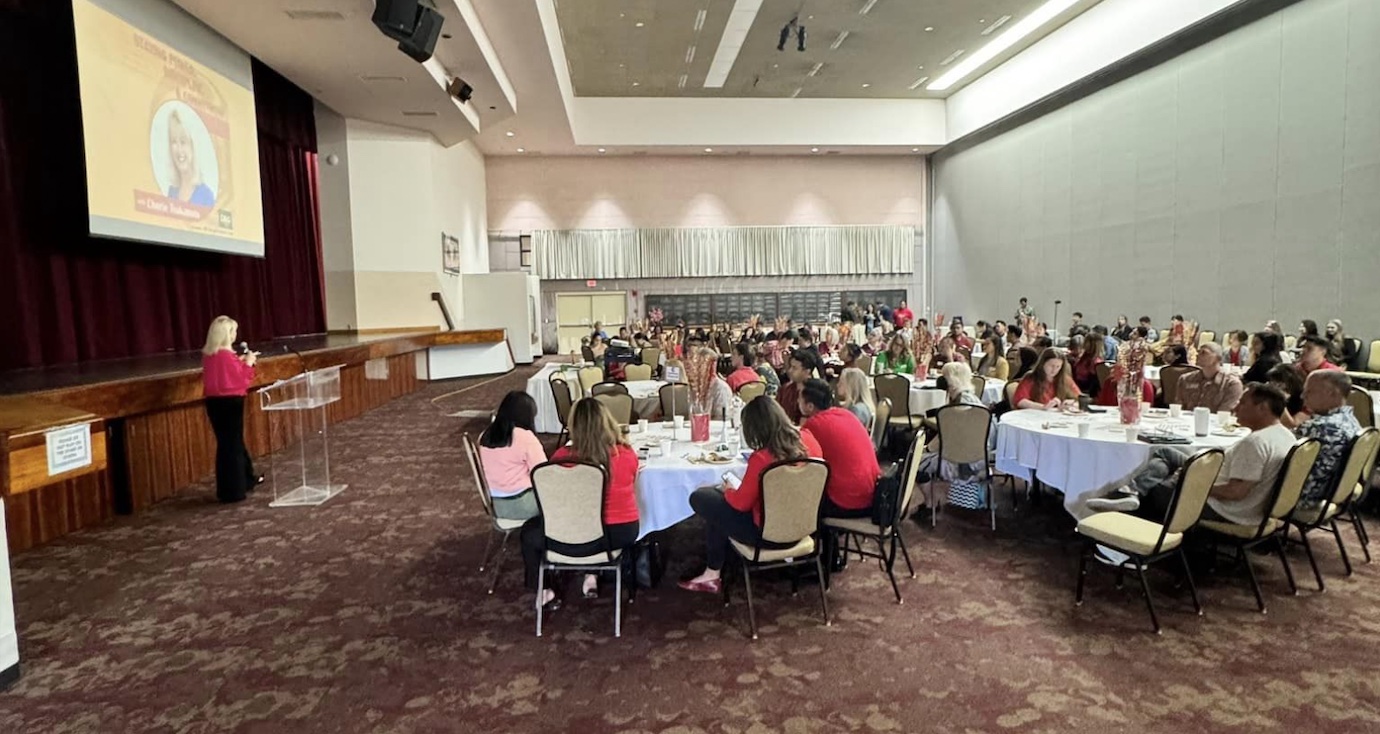Transformative Coaching for Sustained Success: 8 Questions With Cherie Tsukamoto
In the competitive arena of real estate, the right coaching can transform good agents into exceptional ones, guiding them to sustained success and profound client satisfaction. Enter Cherie Tsukamoto, a master of the craft with over 40 years of experience, who has revolutionized the way Realtors learn, grow, and excel in their profession. With a deep-rooted passion for education and a commitment to excellence, Cherie has emerged as a leading figure in empowering real estate professionals to surpass industry standards and deliver unparalleled service.
From her early days to her current role as a Certified Coach and Speaker with the John Maxwell Group, Cherie’s journey is a testament to the transformative power of mentorship. Her work, particularly in leading educational initiatives for the Hawai‘i Association of Realtors and the Honolulu Board of Realtors, underscores her belief in the critical importance of equipping Realtors with the knowledge and skills necessary for success and elevating industry standards to better serve the local community. It’s not merely about facilitating transactions; Cherie’s coaching philosophy centers on building trust and fostering long-lasting relationships.

In her new position as Director of Coaching and Mentoring at Hawai‘i Life, Cherie will play a pivotal role in providing essential support and guidance to agents, channeling her boundless passion and enthusiasm to assist others in navigating the intricate real estate terrain of Hawai‘i.
1. Can you share a pivotal moment in your coaching career that profoundly influenced your philosophy towards focusing on personal growth and transformation?
Actually, the first pivotal moment came long before I began coaching. During my first role as a sales manager in the early 90’s, I was asked to lead a sales meeting. It was strongly suggested that I present the conventional sales meeting hype, i.e., performance goals, sales quotas, incentives, blah, blah, blah. Instead, I chose to share Stephen Covey’s, “The 7 Habits of Highly Successful People.” The atmosphere in the room changed as agents sat up and listened intently to a topic that had nothing to do with real estate or their performance and everything to do with their habits, personal growth and development. I knew at that moment that people need far more than external motivators and performance quotas and that helping them to truly succeed would come from developing internal character based on values and principles, a win-win mentality, a relationship-centric mindset and good habits.
2. You talk about helping eliminate obstacles. Can you give an example of a common obstacle agents face and how your coaching can help them overcome it?
The biggest obstacle we face is usually ourselves. Our past experiences, fears, comparisons, and insecurities can cause us to feel stuck and can keep us from realizing our potential. Obstacles are first eliminated in the mind. Coaching is really just a series of conversations that empower a person to gain clarity. There is power in inspired conversations and coaching allows a client to gain clarity and helps them tap into where they want to go. Agents can get stuck on a problem or on their past failures and mistakes. A good coach will ask forward-focused questions which provoke thought and help the agent think about things differently. Ultimately, it’s about helping the agent get clarity about their goals and desires and to recognize their fears, habits, and distractions that get in the way. Through effective listening, being curious and non-judgmental, and asking probing questions, a good coach can help their clients achieve both their performance goals and their growth goals.
3. You’re known for an “emotionally intuitive” or “empathetic” approach in your coaching. How do you incorporate emotional intelligence into your coaching methods to accelerate results?
People with a high EQ typically are empathetic, self-aware, and have the ability to perceive and understand emotions, which are very helpful qualities to have as a coach. Coaching is all about cultivating the client-coach relationship, creating a safe space where a client doesn’t feel embarrassed or marginalized, being a trusted sounding board, listening empathetically, and valuing and validating a client’s insights, vision, and goals. A high degree of emotional intelligence in a coach is an essential ingredient and allows a client to connect, relax, trust, take chances and to feel safe.
4. What do you find to be the most challenging aspect of facilitating transformation for those you coach, and how do you navigate these challenges?
Clients expect fast results and change and transformation are a process. Though there are times when growth can be accelerated and goals reached quickly, there is usually a lot of thought, reflection, and action that go into a client achieving results. Setting expectations upfront and helping clients understand that coaching is a marathon, not a sprint, is the best way to manage unrealistic expectations. Coaching is a journey.
5. How do you tailor your coaching to accommodate the diverse personalities, goals, and needs of Hawai‘i Life agents?
I’m very fortunate to have moved to Kaua‘i as a teenager, where I learned much about our islands, people, and culture. I married a local boy, have raised three hapa children and have served a diverse group of clients in my real estate practice for over 40 plus years. I love that we have such great diversity at Hawai‘i Life. Our agents have different personalities, performance goals, and growth goals, but our coaching is tailored to each agent’s specific strengths and goals. A good coach is non-judgmental and can serve as a catalyst to help clients from all walks of life discover the answers that lie within them. Of course, there will be times when it’s not a good fit and that is absolutely fine. We have several great in-house coaches with their own unique experiences and skill sets, so we can always find a good match for our agents.
6. How has Hawai‘i’s culture influenced your coaching philosophy, especially in terms of building relationships and community engagement within the real estate market?
Community is extremely important in Hawai‘i’s culture and the aloha spirit is a way of life. We cherish the values of lokahi (harmony,) kuleana (responsibility), and aloha (love). Mutual respect and understanding are key components in living out the aloha spirit and they are also key components when it comes to the coach-client relationship and the real estate profession. Success in any field (coaching included) is largely built on strong relationships, mutual respect, and trust.
7. Despite the importance of marketing and lead generation, you prioritize coaching as a means to guide individuals from their present circumstances to their aspirations, emphasizing clarity, overcoming obstacles, and fostering significant transformation. What drives this focus in your coaching philosophy?
Marketing, lead generation, brand, tools and systems all play an important role in our business. Hands down, Hawai‘i Life offers the best in all categories and I’m incredibly grateful to be associated with such a cutting-edge, stellar company and crew. But even so, we are in a people business, and it’s important for agents to exude competence and confidence in their own ability. Coaching can help them get there. It’s amazing how the clarity that comes through coaching can help agents take action to achieve their goals.
8. We incorporate DISC assessments to understand agent personalities, which, along with knowledge of their goals, helps tailor their coaching experience. Can you elaborate on how this is personalized?
DISC assessments are incredibly valuable. When you understand personality styles and behaviors, you are better able to optimize the client-coach relationship. Simply put, it’s not enough to know how to coach. It’s knowing how to be an effective coach and DISC assessments provide a starting point for the coach in understanding the characteristics and personality of the person you are coaching. By identifying the strengths and challenges of an individual through a DISC assessment, you gain additional insight and are able to coach from a deeper understanding and tailor your coaching to the individual based on their particular personality style.

With a focus on clarity, overcoming obstacles, and fostering significant transformation, Cherie’s coaching goes beyond conventional methods, tailoring experiences to each agent’s unique and individual needs. For her, teaching is more than a profession—it’s a calling driven by a genuine desire to empower her peers with the knowledge they need to realize their full potential and bring about life-changing success for both themselves and their clients.





Beth Thoma Robinson, R(B)
February 26, 2024
I love the first story. I have quoted Covey for decades – and it is rare to find a book with such staying power! Congratulations again and much gratitude for bringing your wisdom and skill to this new role.